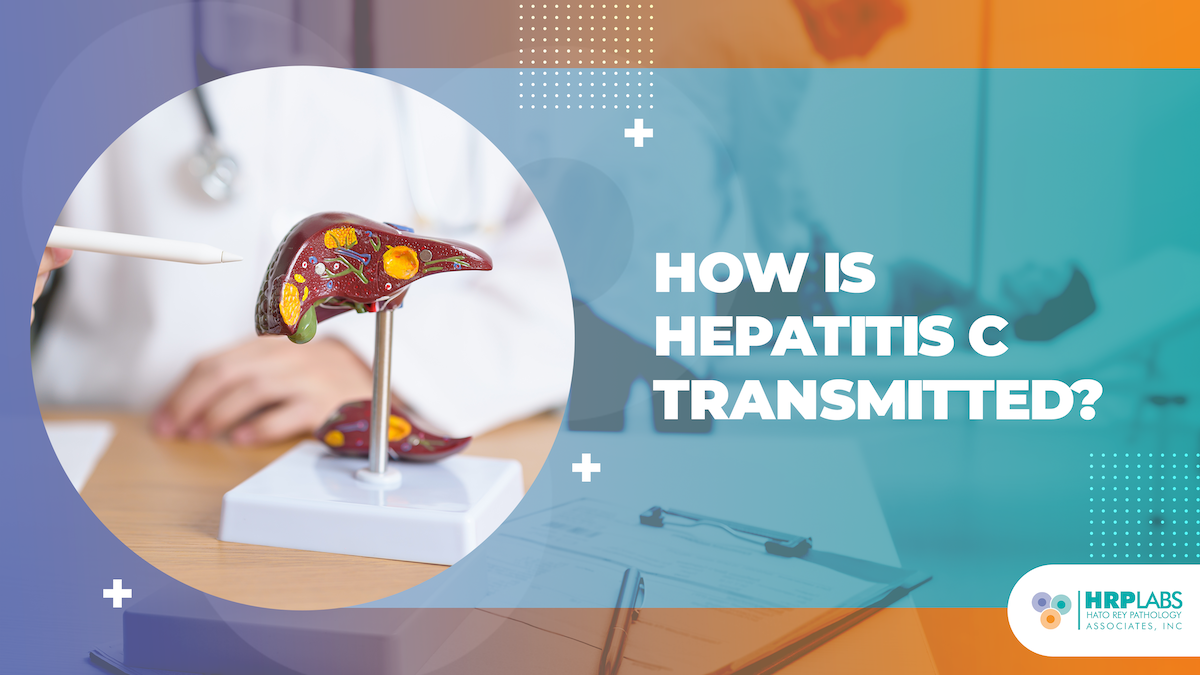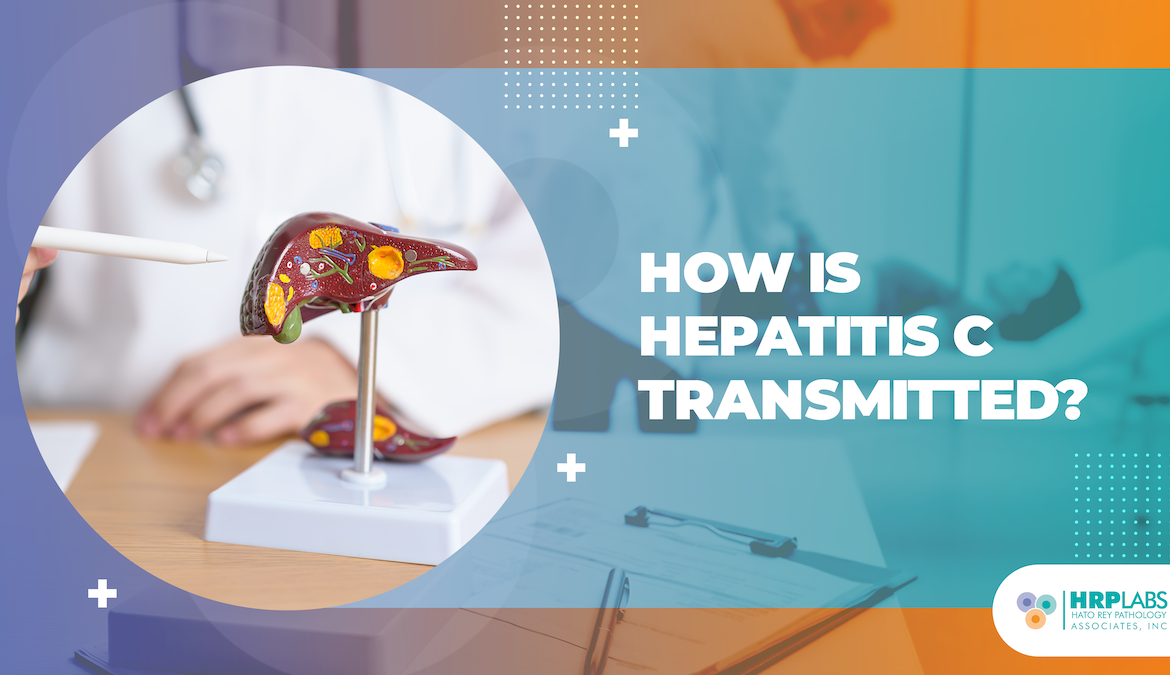
Hepatitis C is a liver infection caused by the Hepatitis C virus (HCV). Unlike other infections, its transmission can go unnoticed, as many people show no symptoms for years. Knowing how it spreads is key to prevention and early diagnosis.
Main Transmission Route: Contaminated Blood
The most common way Hepatitis C is transmitted is when the blood of an infected person comes into contact with another person’s blood. This can happen in specific situations such as:
- Sharing needles or syringes
Primarily in the context of intravenous drug use. Even one single use can be enough to transmit the virus. - Blood transfusions or organ transplants (before 1992)
Before screening tests for HCV were implemented, some people unknowingly received contaminated blood. - Unsterilized medical equipment
In environments where strict hygiene protocols are not followed, sharing medical instruments can be a risk factor. - Tattoos and piercings with unsterilized needles
If the equipment is not properly disinfected, there is a risk of exposure to infected blood.
Other Less Common Forms of Transmission
- From mother to baby during childbirth
There is a small risk of vertical transmission, especially if the mother has a high viral load. - Unprotected sexual contact
Although less frequent, it can be transmitted during sexual activity involving bleeding or in the presence of other sexually transmitted infections. - Sharing personal hygiene items
Items like razors, nail clippers, or toothbrushes can have traces of blood and pose a risk if shared.
Can it be transmitted through kissing or hugging?
x No. Hepatitis C is not transmitted by:
- Hugging
- Kissing
- Sharing utensils or glasses
- Sneezing or coughing
- Casual contact
This is important to reduce stigma and discrimination toward people living with Hepatitis C.
How do I know if I’m at risk?
It is important to get tested if:
- You have used intravenous drugs (even once, years ago)
- You received blood or blood products before 1992
- You’ve had tattoos or piercings without medical supervision
- You are a healthcare worker with exposure risk
- You’ve had unprotected sex with multiple partners
Prevention and Diagnosis at HRP Labs
At HRP Labs, we use advanced technology to help you detect the virus early and accurately:
- Antibody Test (Anti-HCV): Detects if you’ve been exposed to the virus.
- PCR Viral Load Test: Confirms active infection and measures the amount of virus in the blood.
- Liver Evaluation: Through biopsies or complementary studies to assess the state of your liver.
Knowing how Hepatitis C is transmitted is the first step to protecting yourself and others. Although symptoms may not always be present, solutions do exist when detected early. At HRP Labs, we are with you every step of the way—with accurate, reliable, and compassionate diagnostics. Contact us at 787-765-7320 or email customerservice2@hrplabs.com.

